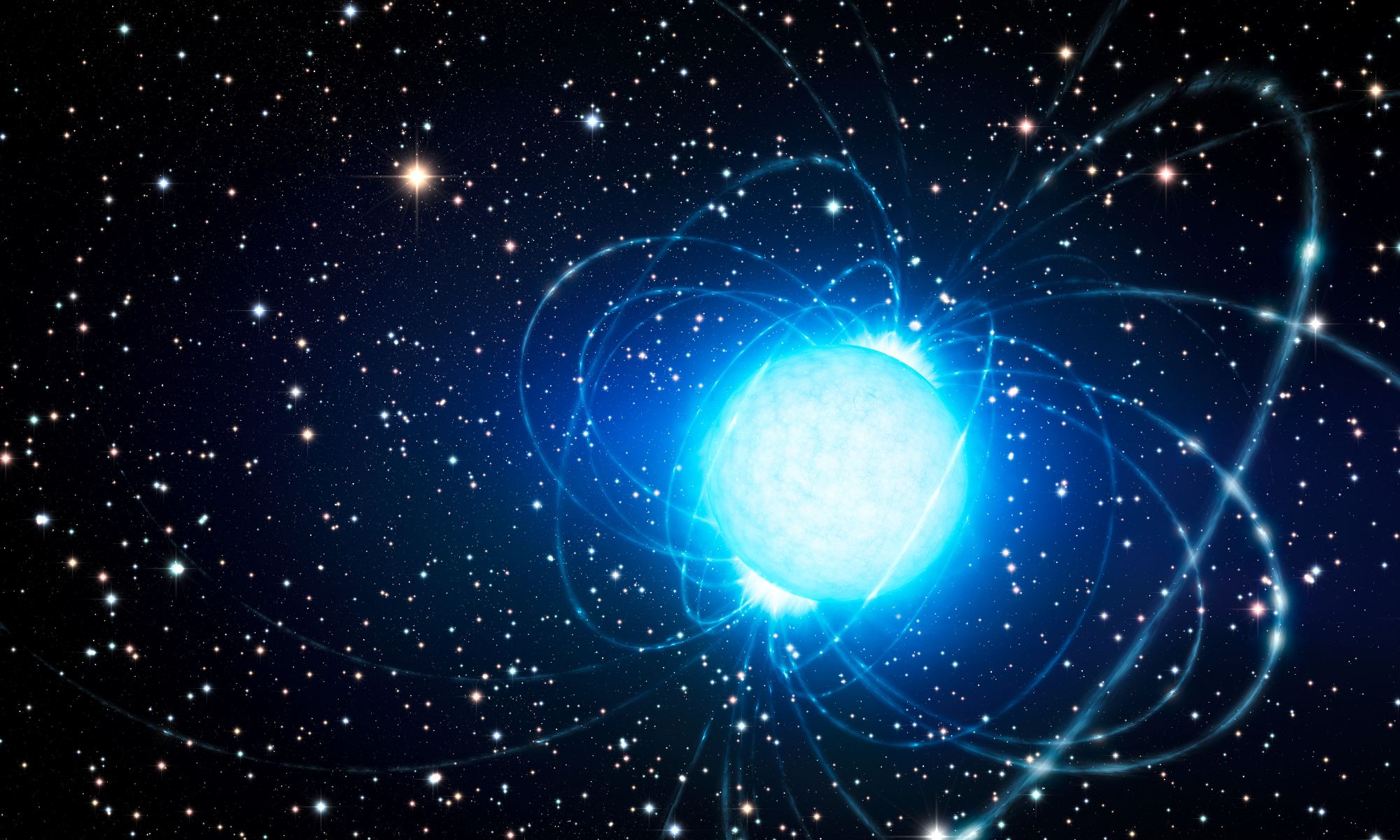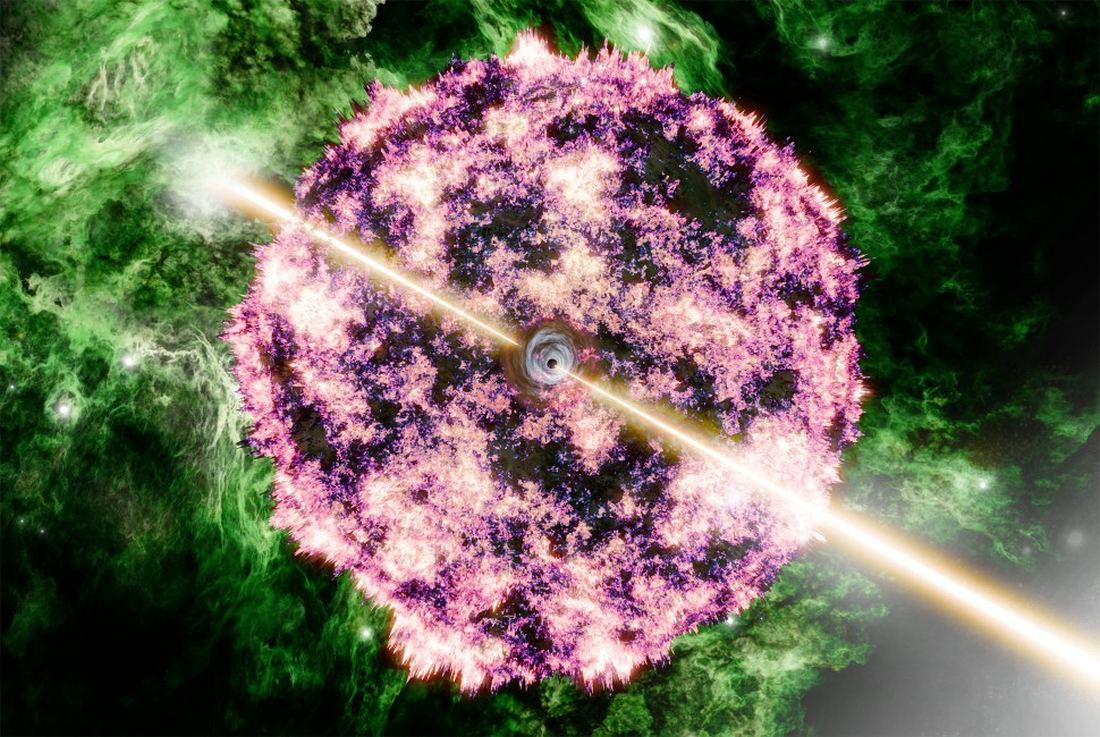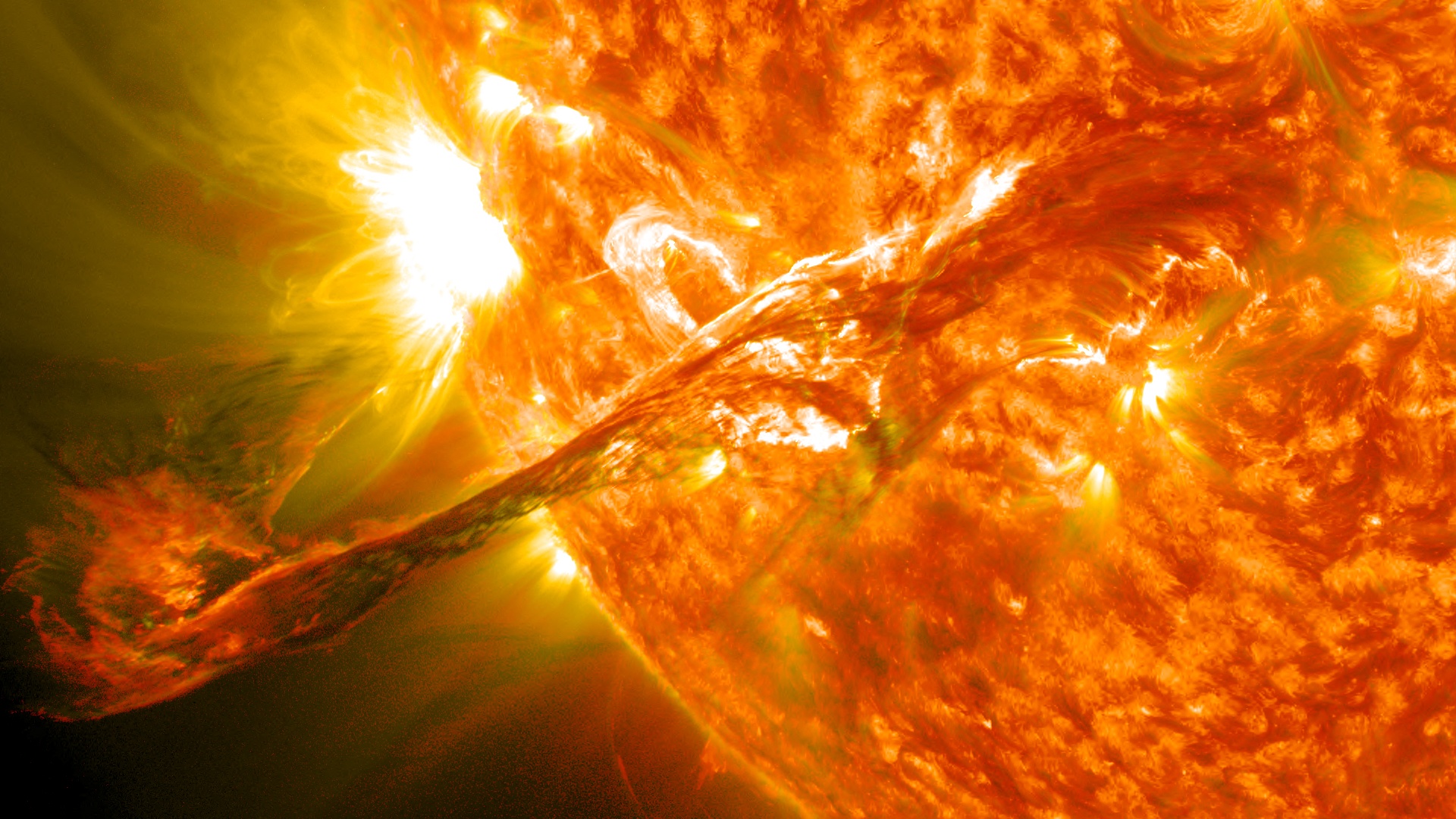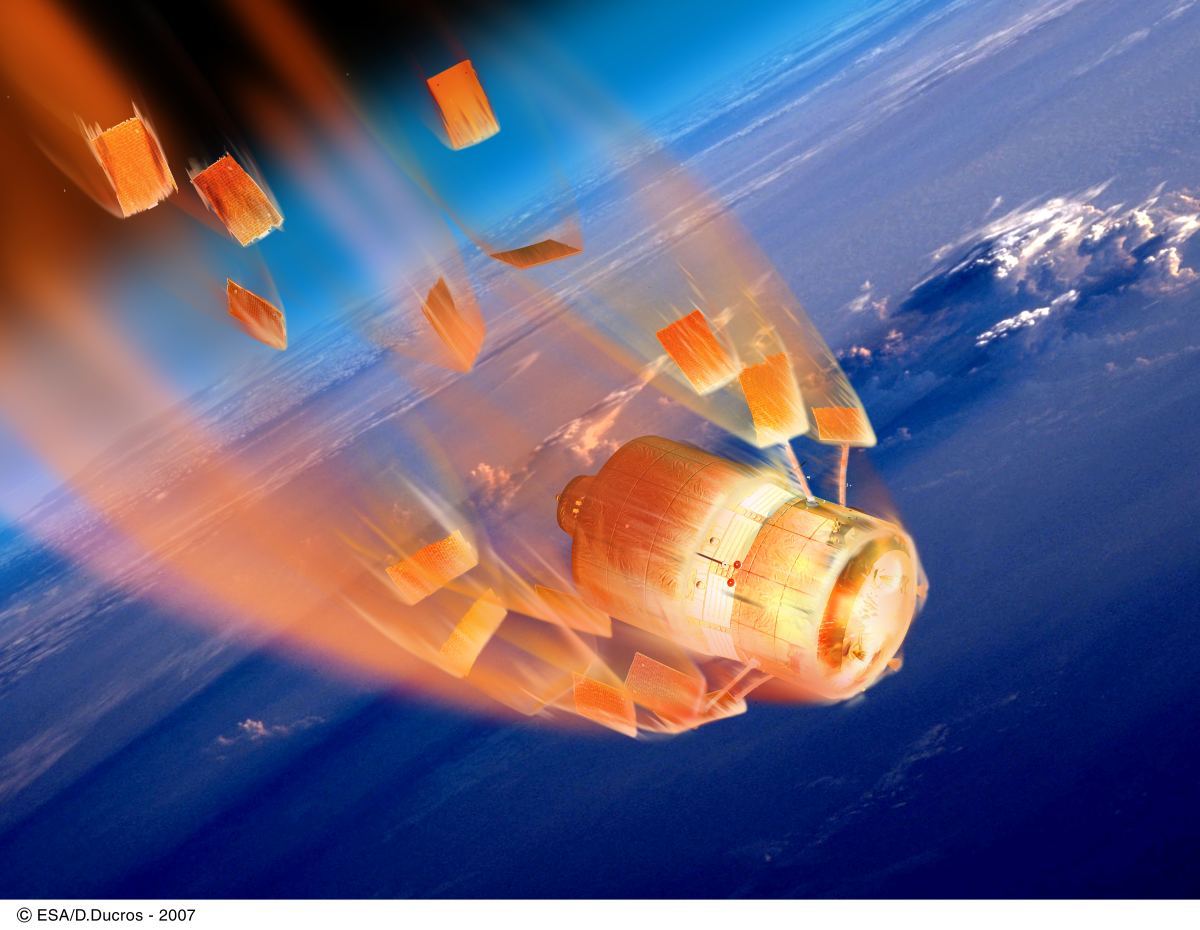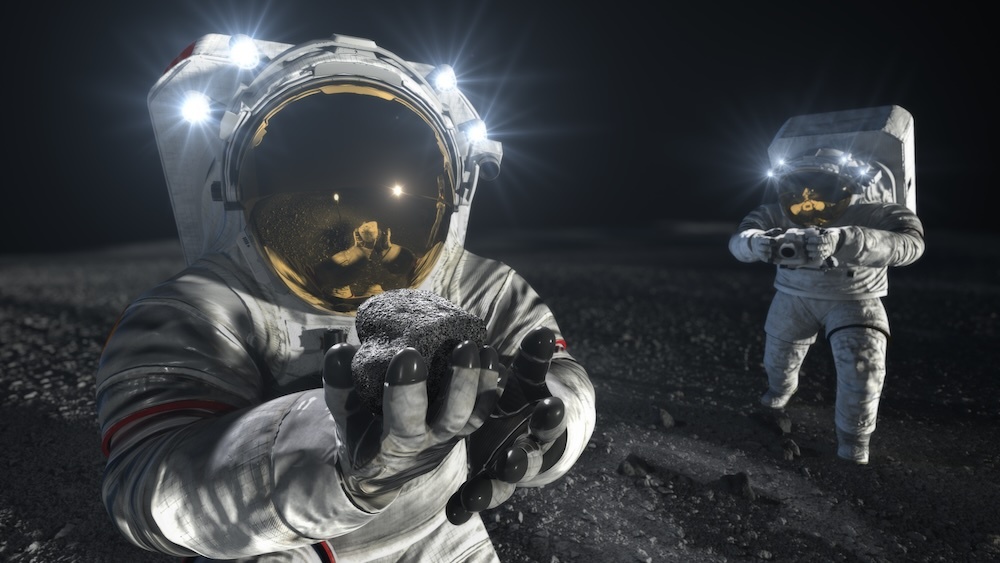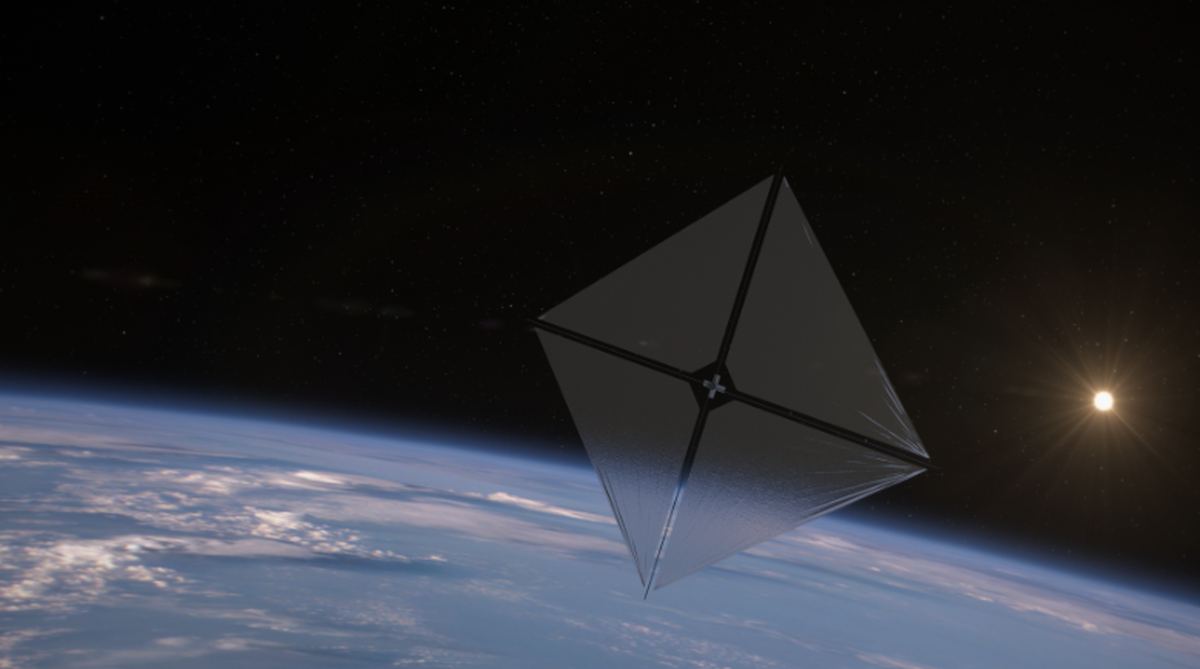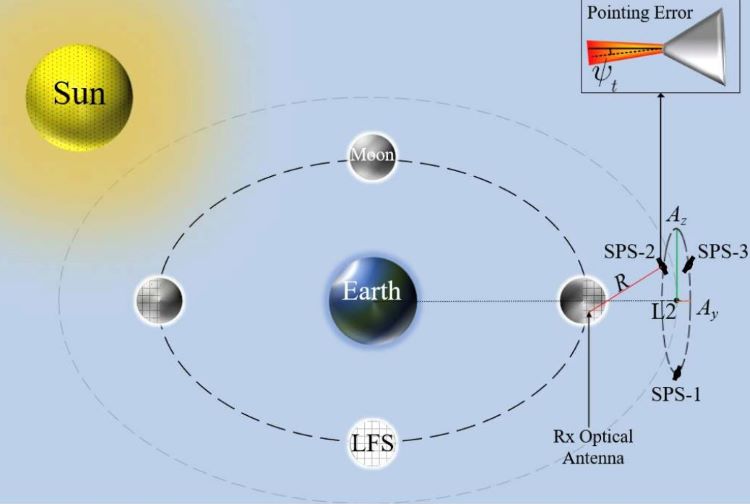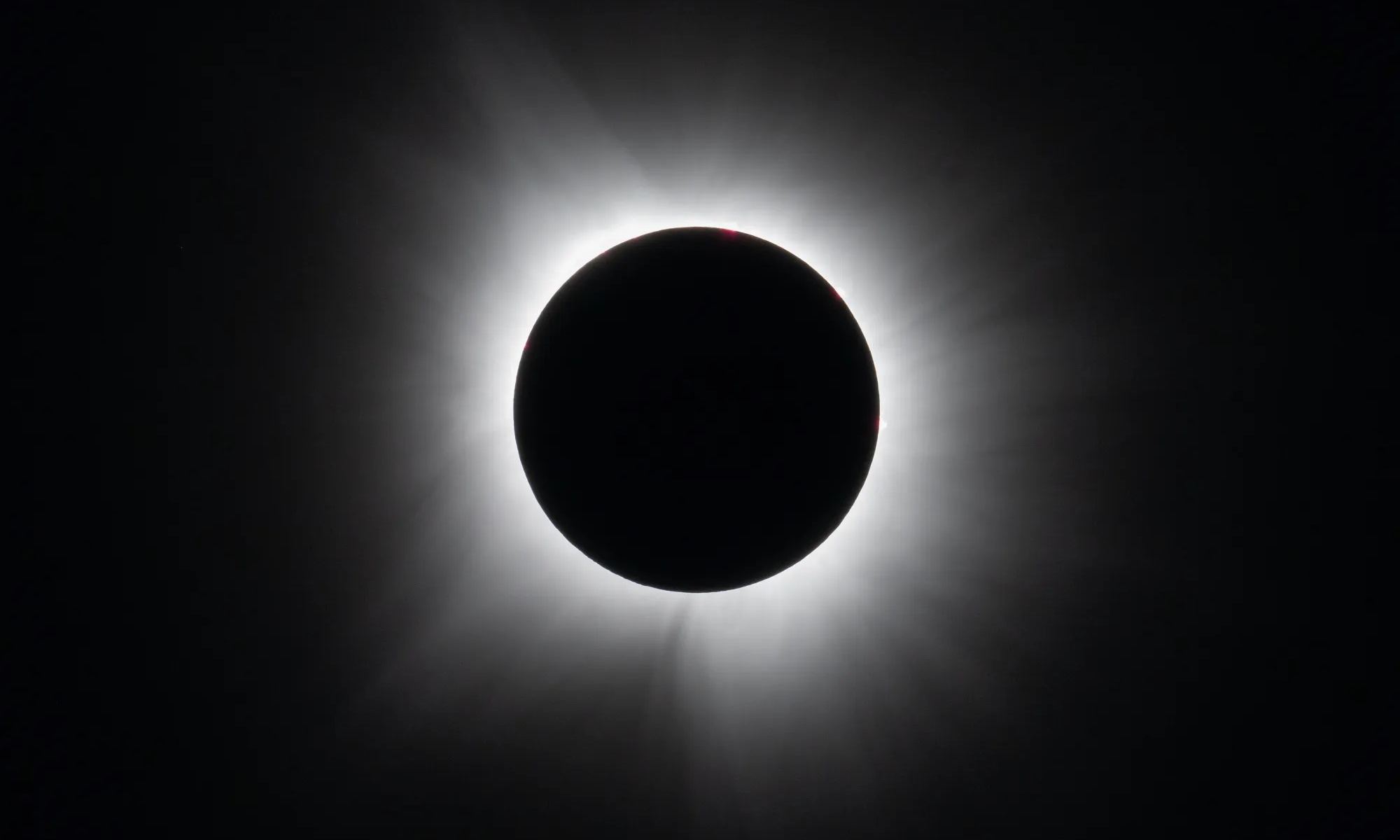An international research team led by the University of Vienna has made a major breakthrough. In a study recently published in Nature Astronomy, they describe how they conducted the first direct measurements of stellar wind in three Sun-like star systems. Using X-ray emission data obtained by the ESA’s X-ray Multi-Mirror-Newton (XMM-Newton) of these stars’ “astrospheres,” they measured the mass loss rate of these stars via stellar winds. The study of how stars and planets co-evolve could assist in the search for life while also helping astronomers predict the future evolution of our Solar System.
Continue reading “Stellar Winds Coming From Other Stars Measured for the First Time”Stellar Winds Coming From Other Stars Measured for the First Time


